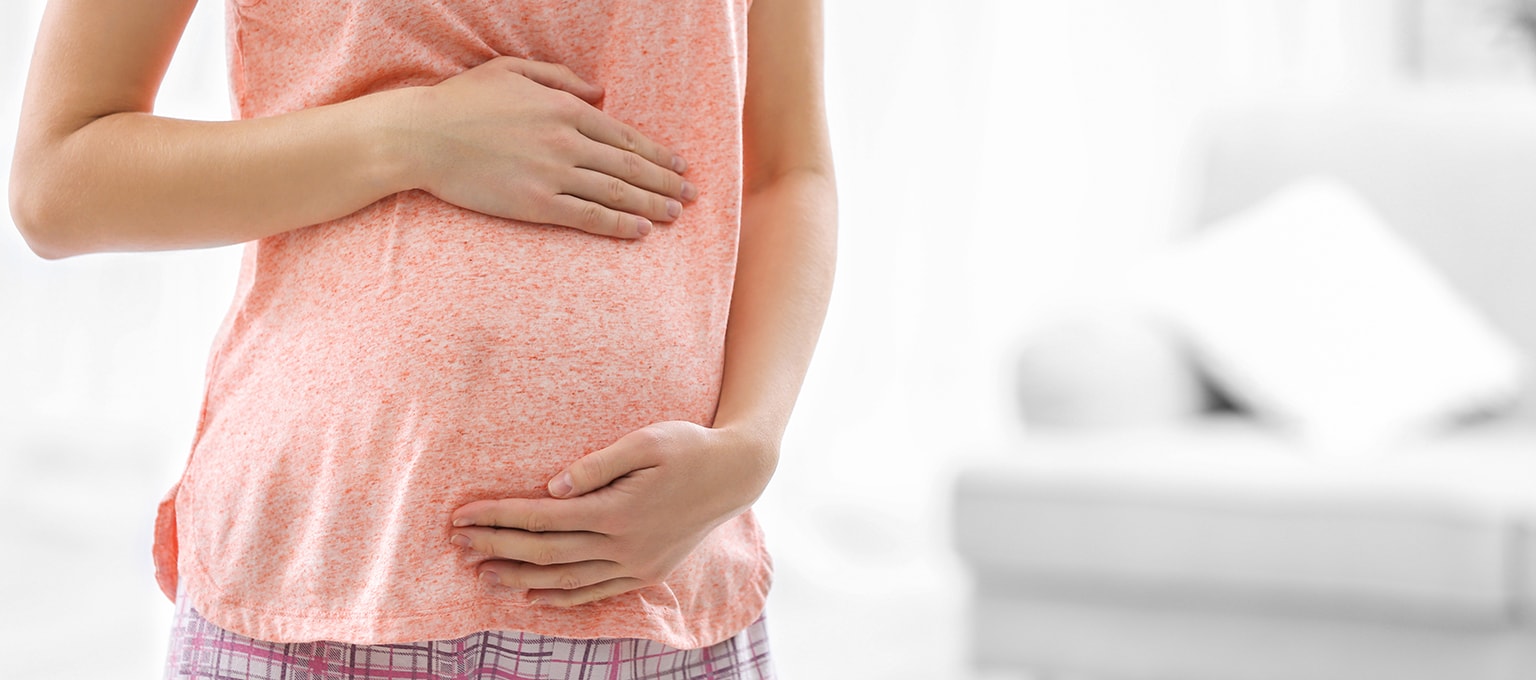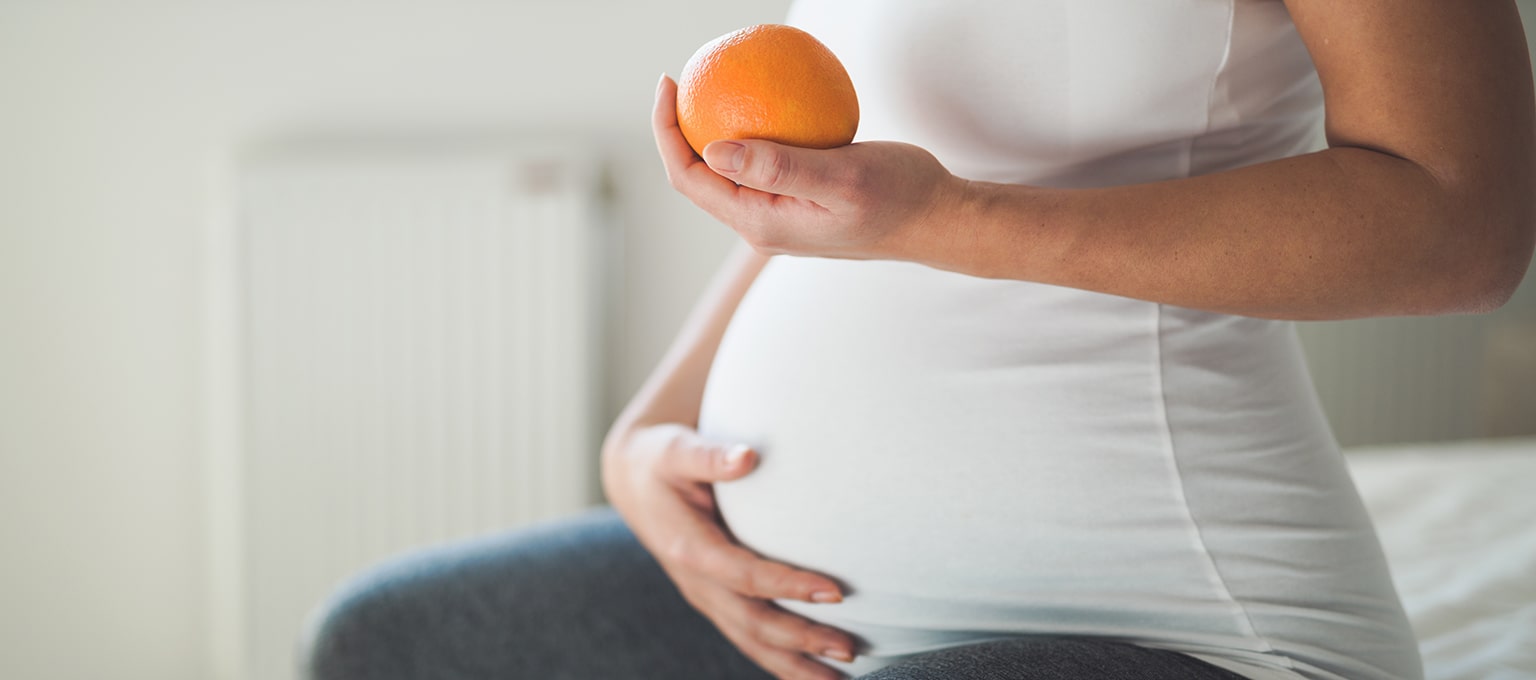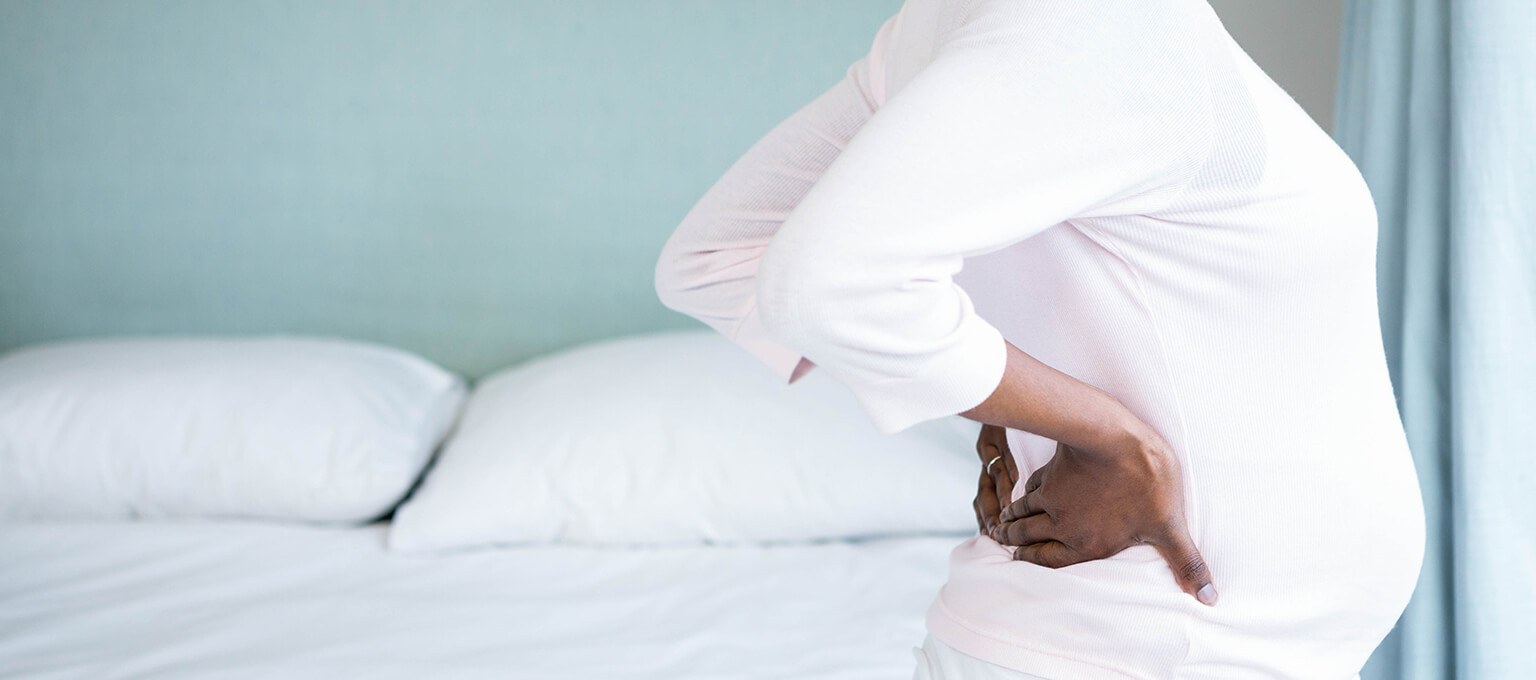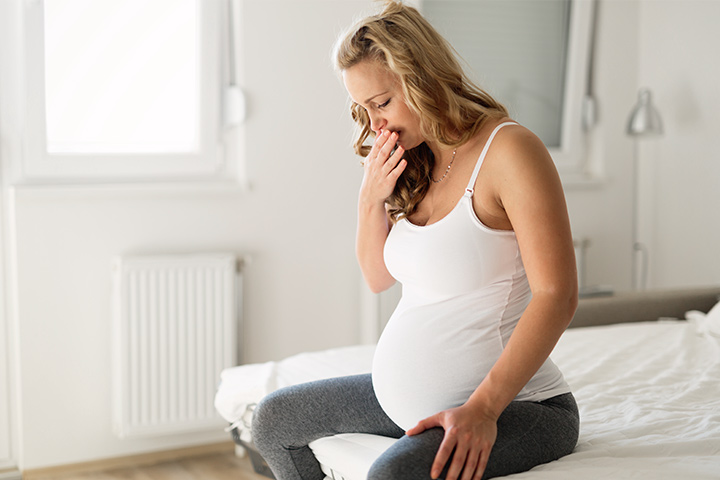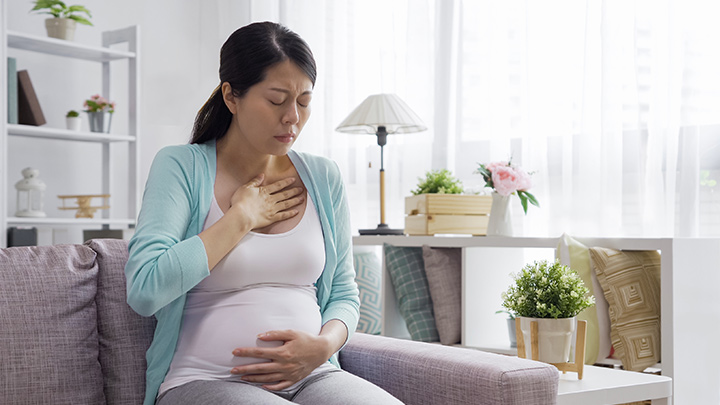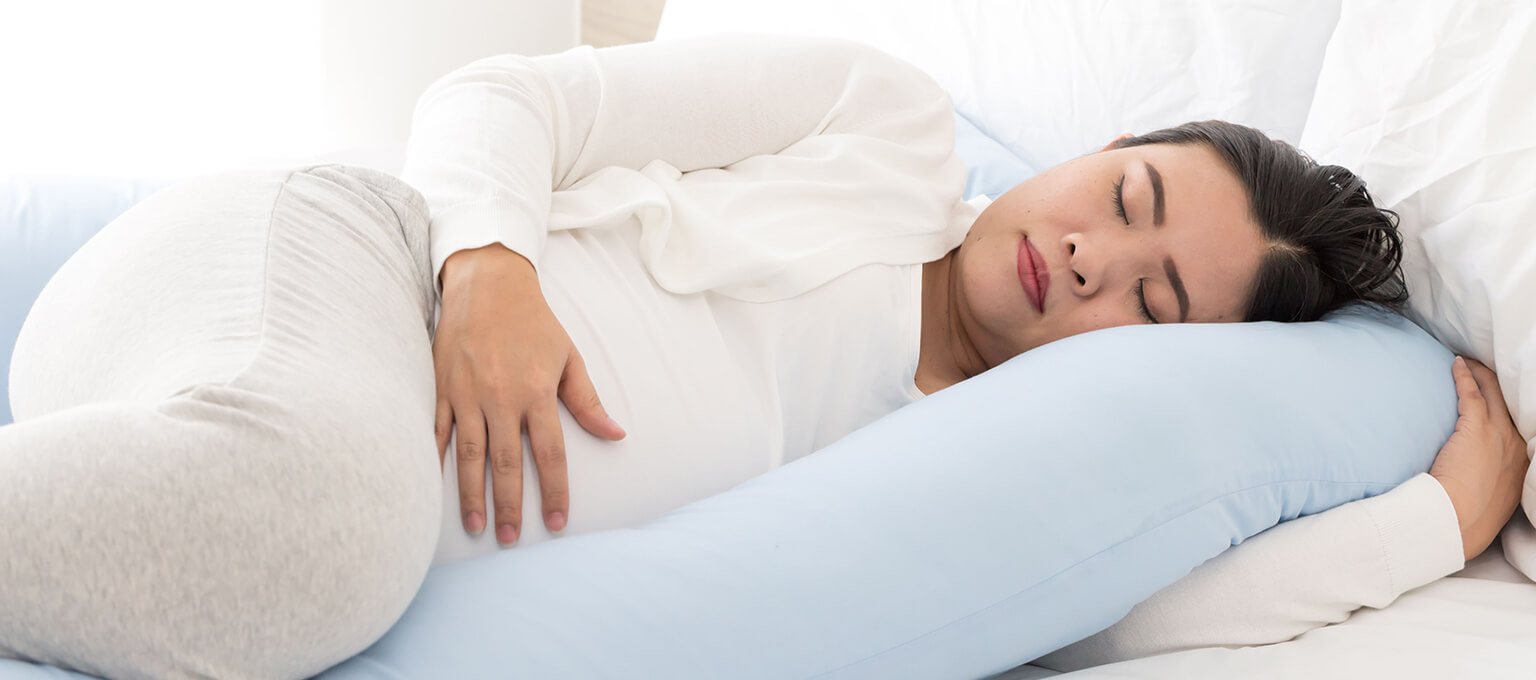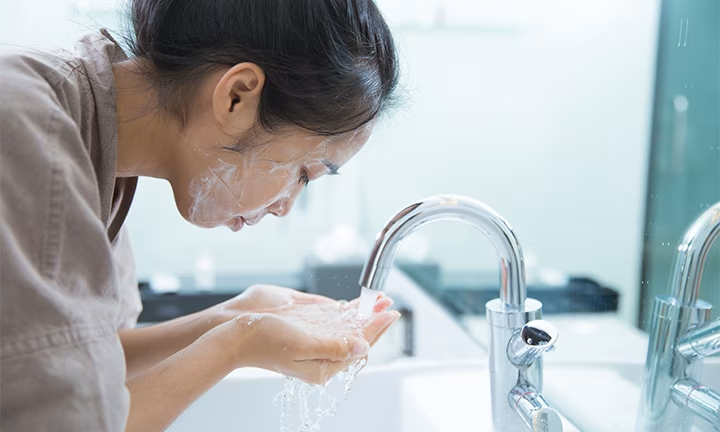
Pregnancy Acne: Causes and Safe Treatment Options
Pregnancy acne is a common and often frustrating symptom experienced by many expectant parents. Wondering “Is acne a sign of pregnancy?” or “When does pregnancy acne begin?” You’re not alone. Shifts in hormones—especially during early pregnancy—can cause breakouts even in those who’ve never had acne before.
Key Takeaways
Whether you’re dealing with mild spots or more persistent breakouts, there are ways to care for your skin safely during this special time.
Does Pregnancy Cause Acne?
Pregnancy hormones could be the culprits behind acne during pregnancy. When these hormones kick in, too much oil (sebum) in the skin may be produced, leading to clogged pores and blemishes.
You might notice more acne during early pregnancy, because this is when many pregnancy hormones go into overdrive. Many pregnant people get acne while they’re pregnant, even if they had clear skin beforehand, whereas some notice that their acne gets worse during pregnancy.
The acne you may experience during pregnancy is generally normal and similar to hormonal acne you may experience at other points in your life, such as around your period and during menopause; it’s just one of the skin changes (like stretch marks or itchy skin) that can occur for some people during this time.
If you're breaking out or experiencing unexpected acne and you’re wondering if it’s a sign of pregnancy, pay attention to other common pregnancy symptoms, such as missed periods or morning sickness.
When Does Pregnancy Acne Start?
Pregnancy acne often begins during the first trimester, as hormone levels increase to support early pregnancy. These hormonal changes can cause the skin to produce more sebum (oil), which may clog pores and lead to breakouts. For some people, acne may continue or even worsen in the second or third trimester, but for others, it might improve as pregnancy progresses.
When Does Pregnancy Acne Go Away?
If you do experience pregnancy acne, it typically resolves after childbirth as hormone levels return to their pre-pregnancy state. For many individuals, this improvement occurs within a few weeks postpartum. However, the timeline can vary based on individual factors and whether one is breastfeeding, which can also influence hormone levels.
Some people may even experience postpartum acne. This is also commonly caused by changes in hormone levels after giving birth.
What Do Pregnancy Pimples Look Like?
Pregnancy-related acne resembles typical acne and may include:
These blemishes can become inflamed and may cause discomfort. They vary in severity, with mild cases experiencing only a few occasional pimples, while more severe cases may result in nodules and cysts.
Where Do Pregnancy Pimples Appear?
Pregnancy acne commonly appears on areas where oil glands are most active:
Additionally, some individuals may experience acne on the shoulders or neck.
Safe Acne Skin Care During Pregnancy
Here are some easy skin care tips to help prevent acne during pregnancy:
Check out our section below for safe acne treatments during pregnancy.
Pregnancy Safe Acne Treatment
With so many acne treatments and ingredients out there, you may wonder which are safe to use during pregnancy. For example, is azelaic acid safe during pregnancy?” and what about benzoyl peroxide?
Always check with your healthcare provider or dermatologist first, but over-the-counter products containing topical benzoyl peroxide, azelaic acid, topical salicylic acid, and glycolic acid are typically OK to use during pregnancy.
Acne Treatments to Avoid During Pregnancy
Experts recommend avoiding the following acne medications during pregnancy because they can increase the risk of birth defects or other medical issues for your baby:
No matter what, read drug labels carefully, and check with your healthcare provider before taking any acne medications, or medications of any kind.
FAQS AT A GLANCE
Pregnancy acne usually starts in the first trimester and may continue through the second and third trimesters, depending on hormonal fluctuations. In most cases, it clears up after childbirth as hormone levels return to normal, typically within a few weeks to months postpartum.
The Bottom Line
Acne can be one of the less desirable changes you might experience during pregnancy. While it can be frustrating, remember that by following a gentle, cleansing skincare routine and potentially using acne medication, your skin may clear up. This way, you can fully enjoy your pregnancy glow!
If you’re currently on your pregnancy journey, now might be a good time to download the Pampers Rewards app. It offers exclusive content and rewards and discounts on all your Pampers purchases.
- American College of Obstetricians and Gynecologists. Your Pregnancy and Childbirth: Month to Month, 7th ed. (Washington, DC: American College of Obstetricians and Gynecologists, 2021).
- ACOG. Skin Conditions During Pregnancy
- Cleveland Clinic. Acne
- Cleveland Clinic. Am I Pregnant?
- Cleveland Clinic. Hormonal Acne
- Cleveland Clinic. Postpartum Acne
- Mayo Clinic. What's the best way to treat pregnancy acne?
Read more about Pregnancy
Join a World of Support
through Pregnancy and Parenthood.
TRACK WITH TOOLS
LEARN WITH EXPERTS
GET REWARDED


